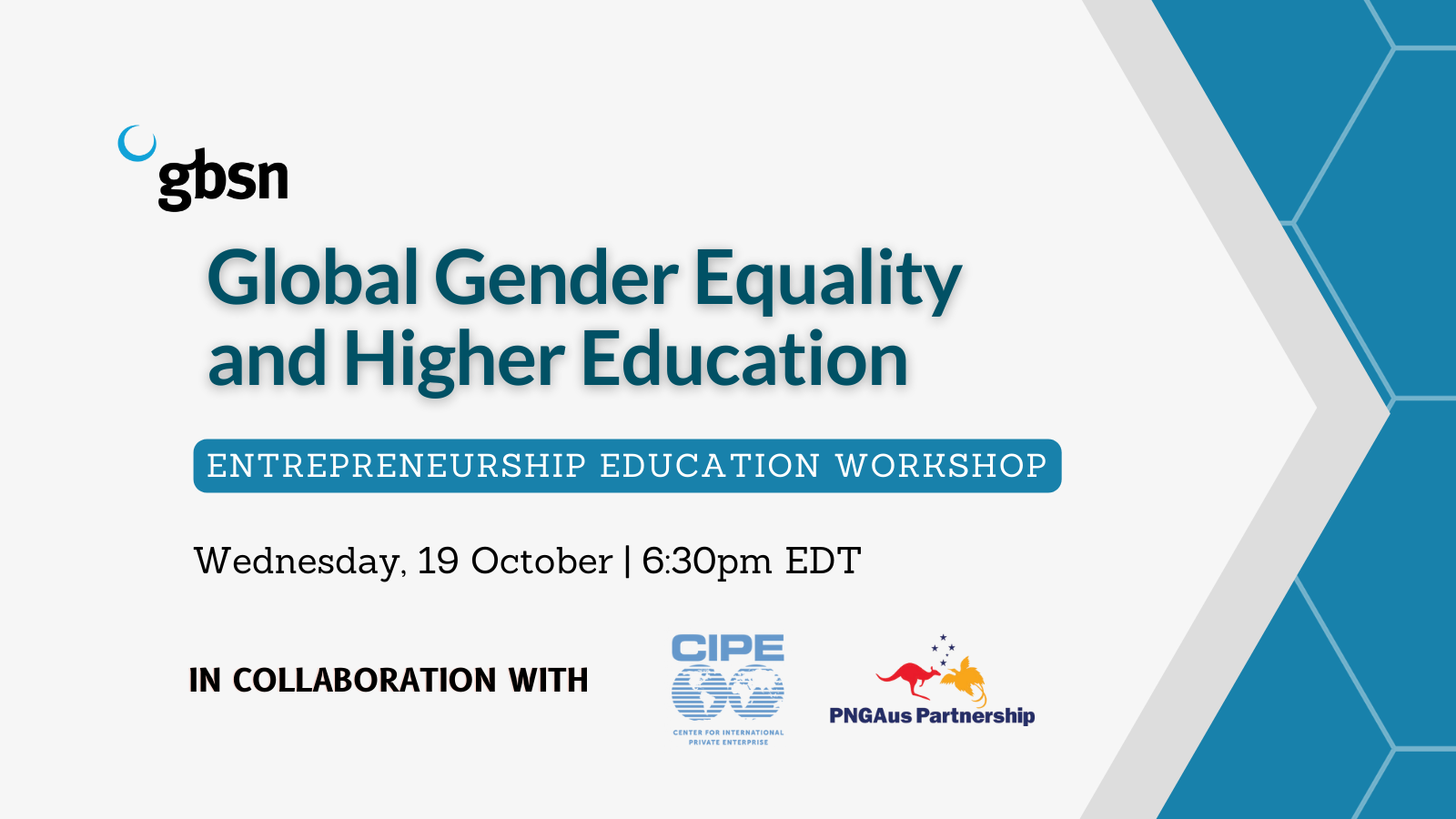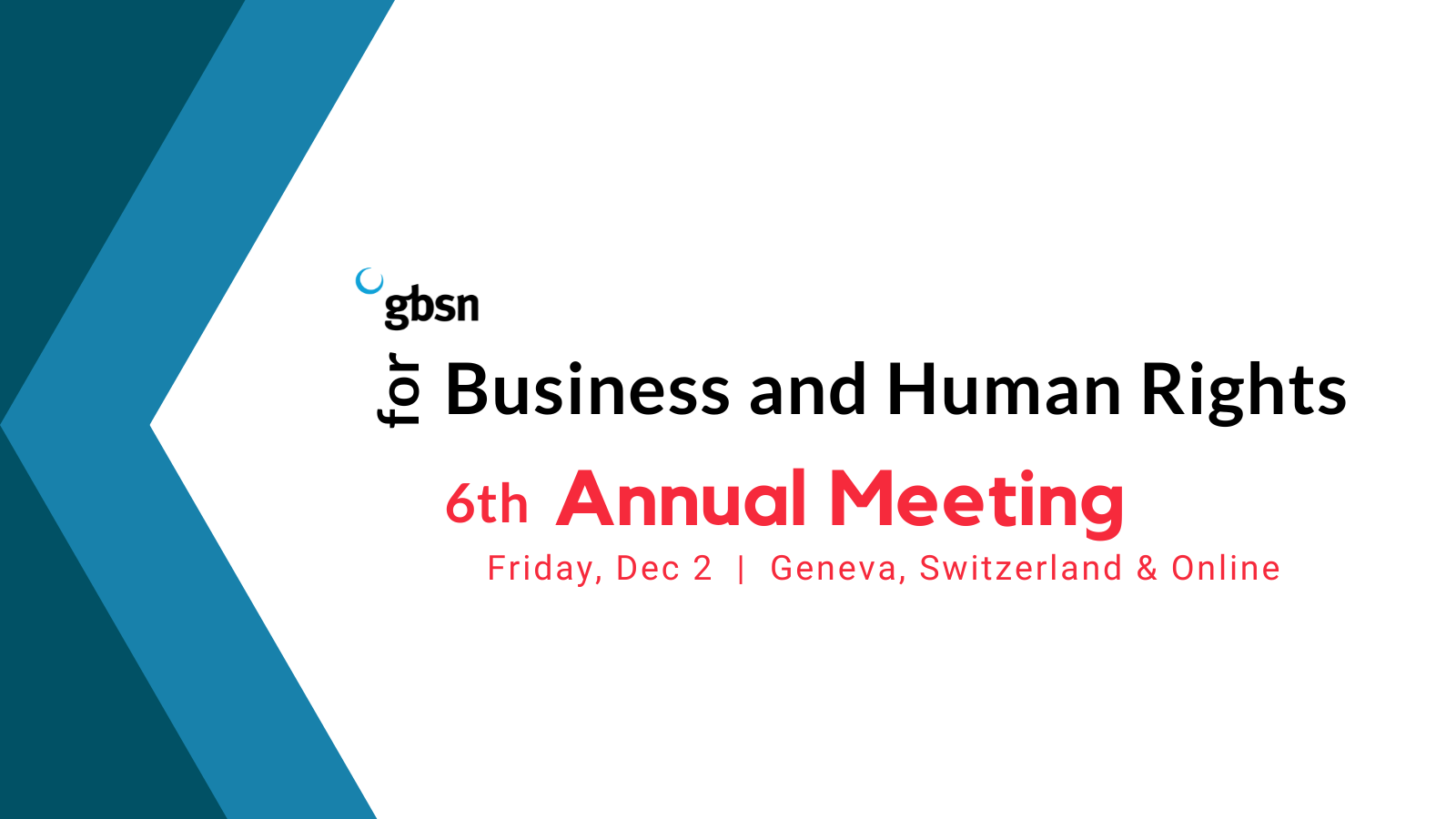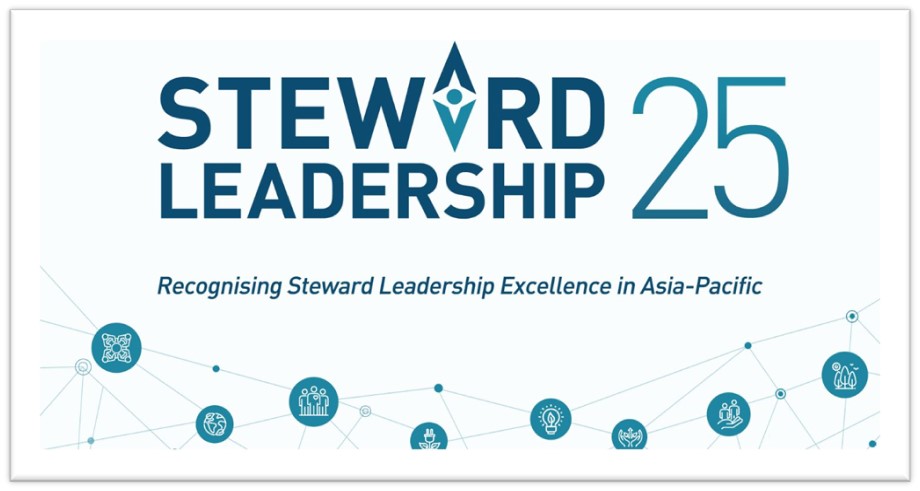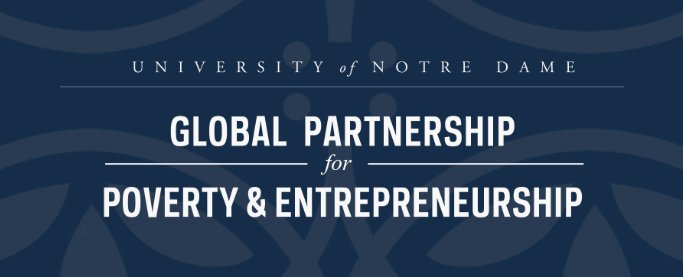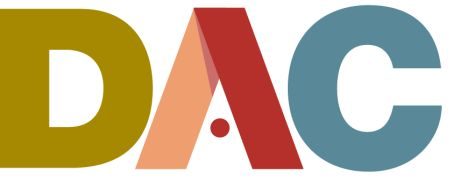Date: October 19, 2022/ October 20, 2022 (for some timezones)
Time: 6:30 PM – Oct. 19
8:30 AM ACT / 8:30 AM PGT – Oct. 20
Location: Zoom
Contact: Maddie Handler, mhandler@gbsn.org

For a 2nd year, GBSN is proud to provide unique entrepreneurship education-based workshops to two notable universities in Papua New Guinea, in partnership with the Center for International Private Enterprise (CIPE) Papua New Guinea (PNG) program.
This year, GBSN in partnership with CIPE PNG with support from the PNG-Aus Partnership, will be leading a workshop that is open to the entire GBSN global community, including university leaders from our Papua New Guinea network.
This workshop will be focusing on the role of higher education in addressing the reduction of gender inequality. GBSN will be inviting leading business and gender ethics leaders from across the network to join guest speaker, Deputy Director of the CIPE Center for Women’s Economic Empowerment, Connie Gonzalez.
The workshop will explore:
- What the challenges are for addressing gender inequality in higher education
- How gender equality shapes entrepreneurship education
- The need for more female role models in higher education
- What institutions can do to reduce gender inequality
- Best practices for ensuring the progress and success of women
Please join us for this engaging discussion.
Panelists
-
Neha Agarwal
Lecturer (Assistant Professor), Department of Economics
University of Otago
New Zealand
-
Yvette Mucharraz y Cano
Professor of the Personal Management Area
IPADE Business School
Mexico
-
Kathy Korman Frey
Professorial Lecturer of Management; Director, Center For Entrepreneurial Excellence
George Washington University School of Business
USA
-
Connie Gonzalez
Deputy Director
Center for Women’s Economic Empowerment (CWEE)
El Salvador
-
Mahreen Mamoon
Assistant Professor
BRAC Business School
Bangladesh
-
Nicole Sutton
Senior Lecturer of Accounting
University of Technology, Sydney
Australia
Introduction By
-
Juliane Iannarelli
Chief Impact Officer
USA
Moderator
-
Dan LeClair, Ph.D
CEO
USA
Register
The workshop is free of charge and open to faculty and leaders the GBSN global network. All participants must complete an online registration form.


